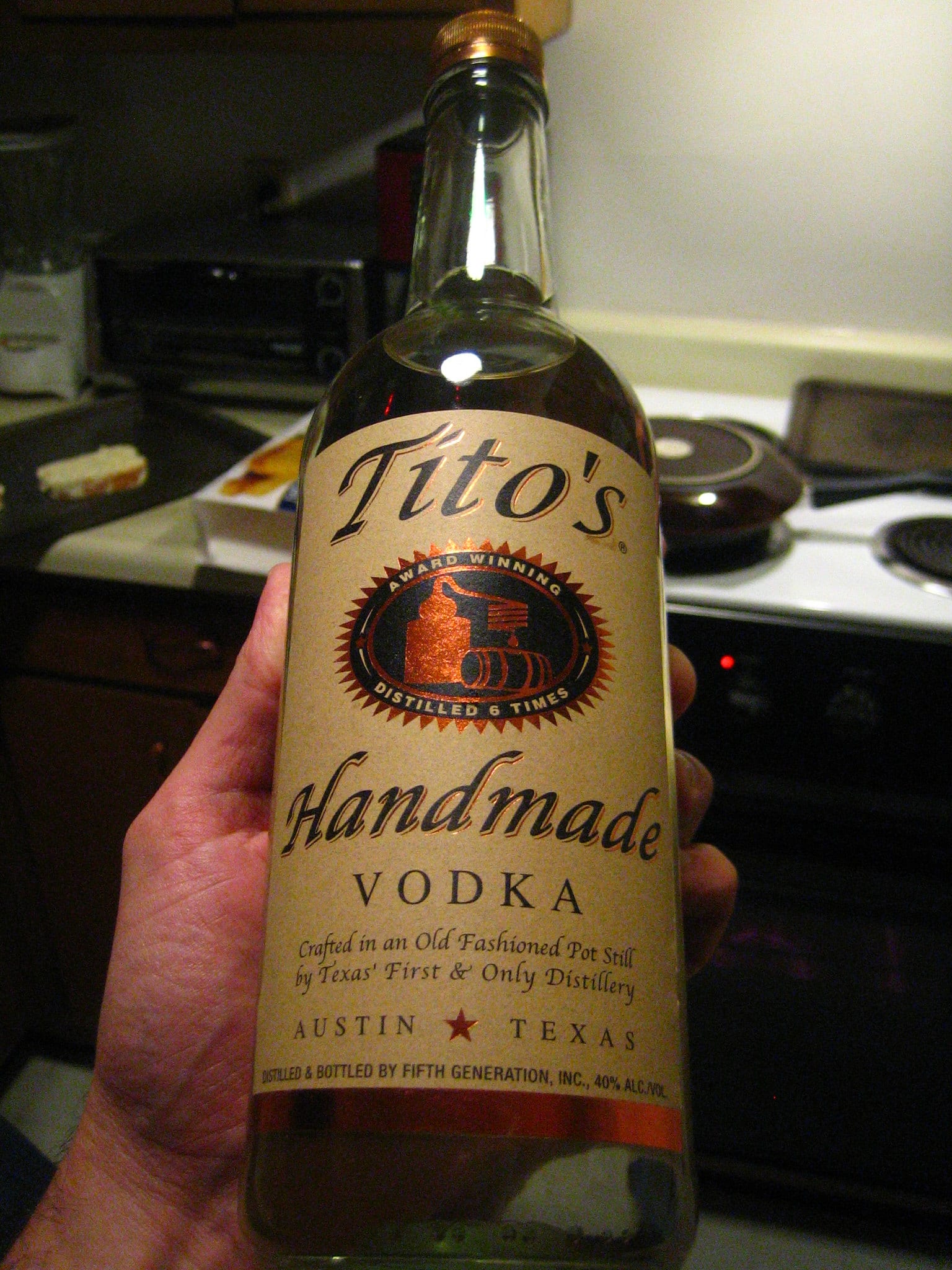When an event is as monumental and life-altering as the COVID-19 pandemic has proved to be, myths are sure to spread right along with the coronavirus that causes it. Partly because of highly-focused media attention and partly because the medical science community is still discovering new information daily, we can get caught up in the misconceptions easily. So, it’s crucial we rely on official updates from the World Health Organization, or a similar authority. It’s the best way to keep safe and healthy.
In the meantime, here are 5 complete myths we can debunk right now.
1. If you have COVID-19, you must be hospitalized.
For most people, COVID-19 is about as serious as a bout of flu, meaning you should stay home, in bed and hydrated and use over-the-counter meds to treat symptoms like aches and cough.
Hospitalization is only required for people who develop complications, especially difficulty breathing. If you believe you’ve been exposed and you’re showing signs, such as cough and fever, stay home and call your doctor’s office.
They’ll tell you what to do and how to get tested.

Photo Credit: Pexels
2. You can make your own hand-sanitizer.
When coronavirus first became a household word, hand-santizer was one of the things people rushed out to buy, creating a shortage. Shortly after, recipes to make your own circulated on the internet.
If you make your own, it must contain at least 60 percent alcohol. Do not believe hand-santizer made with only essential oils or Tito’s Vodka can keep you safe.
If you only have drinking alcohol in the house to make your DIY sanitzer, it has to be at least 180-proof, which is…wow. Everclear is 190-proof.
The CDC recommends keeping your hands clean by washing them often with warm water and soap.

Photo Credit: Flickr
3. Black people cannot contract COVID-19.
This myth is as dangerous as it’s bizarre. There is no proof that race plays into infection of COVID-19.
From Reuters:
“The CDC or WHO has in no way concluded that any one race is at lower risk of contracting the virus or that one race will be cured easier or quicker.”
4. If you donate blood, you’ll be tested for coronavirus.
The Red Cross has confirmed this is a false statement.
They’ve also said there is no evidence that the virus can be transmitted through the blood.

Photo Credit: Torange.biz
5. You probably already have coronavirus and just don’t know it.
Carrying the coronavirus without becoming ill with COVID-19 is not all that common. While there are some who’ve tested positive but are a-symptomatic, most people develop cough, fever and body aches between 5 to 14 days after exposure.
Medical researchers told Nature these a-symptomatic cases appear to rarely happen and it remains to be seen if they can transmit the virus to others and make them sick.

Photo Credit: Pikrepo
So, the rumors range from amusing to downright dangerous. It’s important to keep yourself informed from official sources to avoid getting sick and infecting others.
The best way to stop the spread of coronavirus is to stay home, cancel gatherings and keep your hands clean and away from your face.
We can do that for a while, can’t we?
Stay safe!






